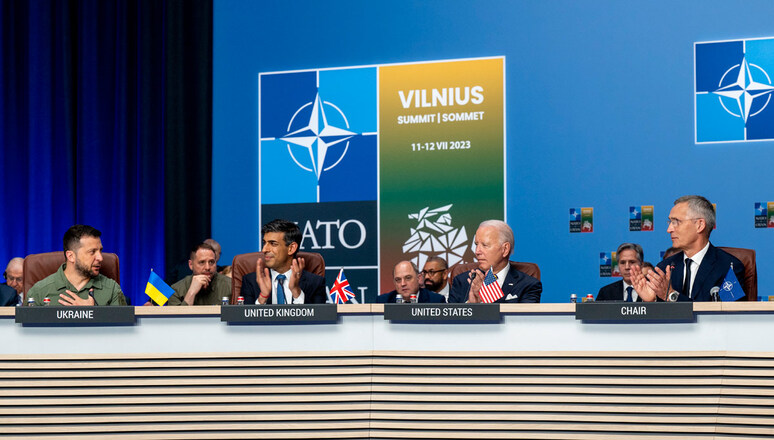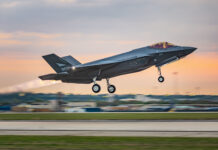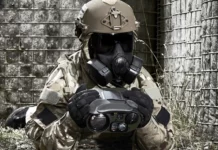Despite Ukraine’s impatience for NATO accession being a foremost issue, the alliance’s latest summit, held in the Lithuanian capital of Vilnius from 11-12 July 2023, was regarded as a success by the allies.
Most obviously, Turkey’s agreement on the eve of the summit to end its objections to Sweden joining the alliance can be considered a major success.
Sweden and Finland announced their intention to join NATO in May 2022, just a few months after Russia’s February 2022 invasion of Ukraine. While Finland formally joined the alliance in April this year, Turkey had vetoed Sweden’s accession over concerns that the country was harbouring members of the separatist Kurdistan Workers’ Party (PKK), which Ankara considers a terrorist organisation.
However, NATO Secretary Jens Stoltenberg noted at the summit that Swden had addressed “Turkey’s legitimate security concerns” by amending its constitution, changing its laws, expanding its counter-terrorism operation against the PKK and resuming arms exports to Turkey.
That leaves just NATO member Hungary as the final ‘fly in the ointment’ to Sweden’s accession, given that Hungarian Prime Minister Viktor Orbán has for NATO a somewhat unfortunate cordial relationship with Russian President Vladimir Putin and has largely rejected sanctioning Russia over its invasion of Ukraine. In a sign that perhaps Budapest might finally acquiesce, Hungarian Foreign Minister Peter Szijjarto stated on 11 July that ratification of Sweden’s bid is now “only a technical question”.
Meanwhile, Stoltenberg chaired the inaugural meeting of the NATO-Ukraine Council on 12 July, where Ukrainian President Volodymyr Zelenskyy was welcomed by the allies. Stoltenberg underlined that from now on NATO and Ukraine will meet in the Council “to discuss and decide as equals”. He also welcomed that Allies have agreed a new multi-year assistance package to help transition Ukraine from its Soviet-era military inventory to NATO equipment and standards, making the Ukrainian military fully interoperable with the alliance. Stoltenberg further welcomed new announcements of support for Ukraine by several NATO allies.
Regarding Ukraine entering the NATO fold, the allies reaffirmed that Ukraine will become a member of the alliance and agreed to remove the usual requirement for a Membership Action Plan.
“This will change Ukraine’s membership path from a two-step process to a one-step process,” said Stoltenberg on 12 July. “We will issue an invitation for Ukraine to join NATO when Allies agree that conditions are met.” He added that Ukraine is now “closer to NATO than ever before”.

For its part, and despite its urges for accession, Ukraine accepts that it cannot join NATO while the war with Russia remains ongoing; under the alliance’s Article 5 mutual defence clause, such a move would effectively put NATO at war with Russia.
Developments on the margin of the summit saw Estonia, Latvia and Lithuania sign a Declaration of Cooperation on cross-border airspace on 11 July. This paves the way for the relevant allied civil and military authorities to establish and use suitable airspace volumes for NATO training and exercises, along with other air activities within the Baltic region. This move followed the German-hosted ‘Air Defender 23’ exercise held in June, which was the largest multinational air defence exercise conducted in NATO’s history.
The second day of the summit, meanwhile, saw Stoltenberg chair a meeting of allies with the leaders of Australia, Japan, New Zealand, South Korea and the European Union. Noting that “NATO is a regional alliance, but we face global challenges”, the Secretary General said that China’s global assertiveness and Russia’s war against Ukraine require even closer co-ordination between NATO, the EU and their Indo-Pacific partners, adding that they will work even more closely together to defend a rules-based international order.
NATO’s next summit will take place in Washington, DC, in 2024, marking 75 years since the alliance’s founding.
Peter Felstead









![Skybound scanners: Rebuilding Europe’s airborne SIGINT fleet The RC-135V/W Rivet Joint is perhaps the most recognisable Western SIGINT aircraft. The aircraft’s comprehensive array of COMINT DF antenna is clearly visible beneath the fuselage, while the distinctive ‘chipmunk cheeks’ at the forward fuselage contain its ‘Automatic Electronic Emitter Locator System’ (AEELS). [Luca Chadwick]](https://euro-sd.com/wp-content/uploads/2025/06/1-Kopie-218x150.jpg)
![How much ‘growth’ is there still in 4th-Gen fighters? A German Air Force Eurofighter Typhoon flies through the sky during the Exercise BAANA 2024, Ranua, Finland, on 4 September 2024. [US Army/Sgt Scyrrus Corregidor]](https://euro-sd.com/wp-content/uploads/2025/06/Eurofighter-Typhoon-BAANA_US-ArmySgt-Scyrrus-Corregidor-Kopie-218x150.jpg)
![Connect-4 The European Super RAP developed by NATO’s ACCS is shared with NATO’s Allied Air Command headquarters in Ramstein, western Germany. Two CAOCS, controlling NATO airspace above northern and southern Europe, generate these RAPs. [NATO]](https://euro-sd.com/wp-content/uploads/2025/06/NATO-Allied-Air-Command-NATO-Kopie-218x150.jpg)
